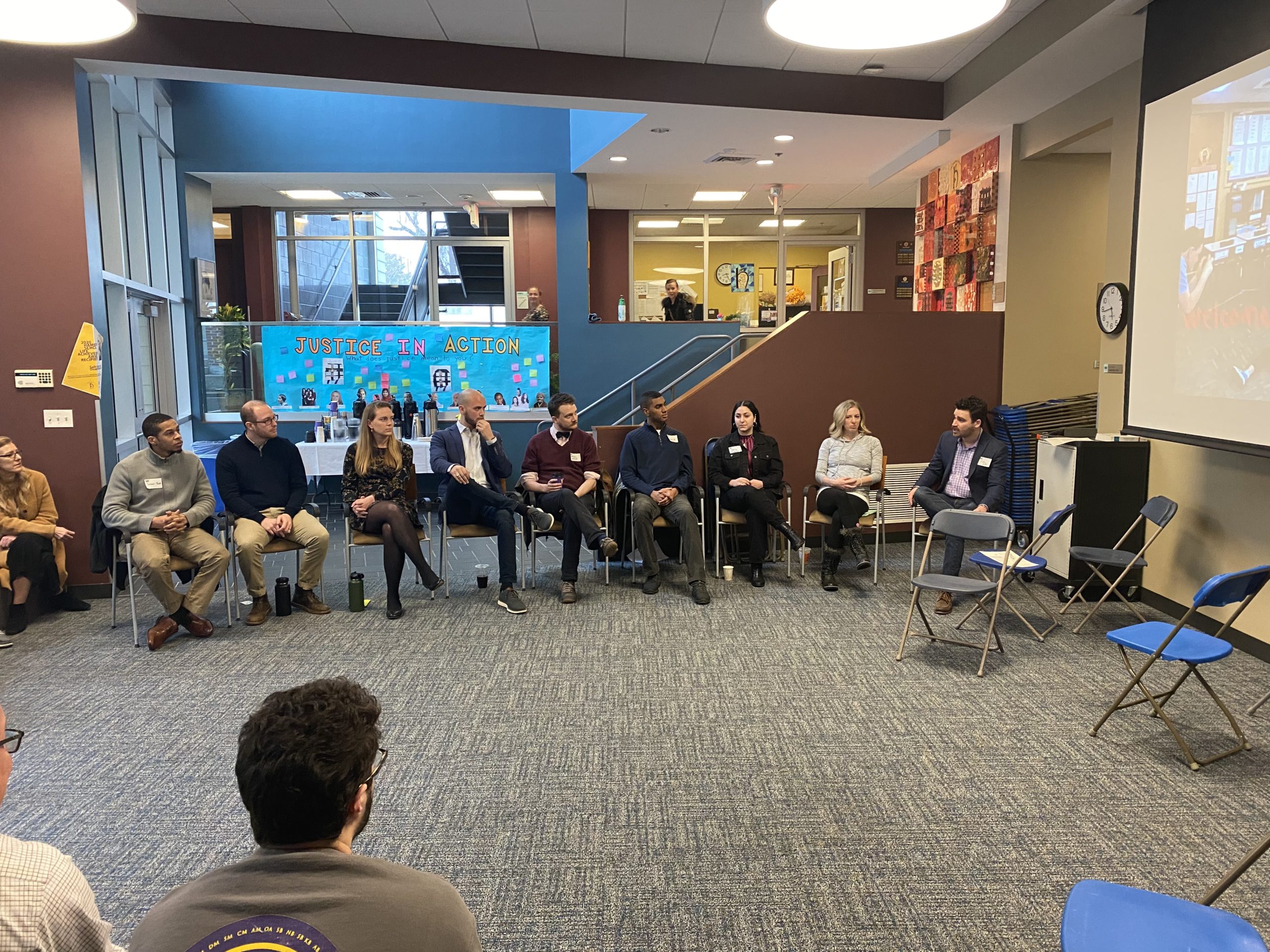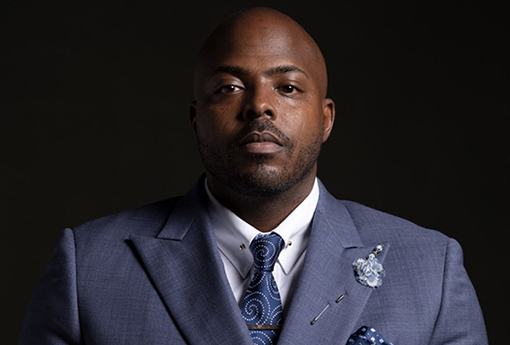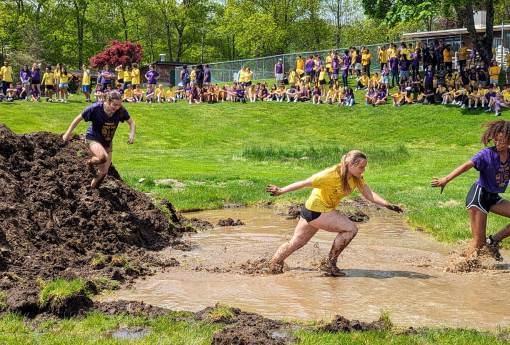
Hamilton School Alumni Profiles
Since its inception at Wheeler in 1989, Hamilton School has supported bright, curious learners with leading-edge educational strategies that emphasize strengths rather than weaknesses. We are proud of our program alumni and happy to share these profiles of their lives beyond Hamilton.
Alumni Ambassadors
The featured alumni were presented with the Hamilton Life Achievement Award in Spring 2024. The Hamilton School alumni community was the 29th recipient of the Life Achievement Award, which acknowledges individuals who have leveraged their learning differences to achieve remarkable success. To learn about the Alumni and their background click on the following profiles to read more.
- Peter Brown ’03
- Chris Freeman ’97
- Kate Mancosh ’13
- Erin Gildea Muccino ’04
- Dan Pickar ’11
- Laura Gordan-Roman ’98


